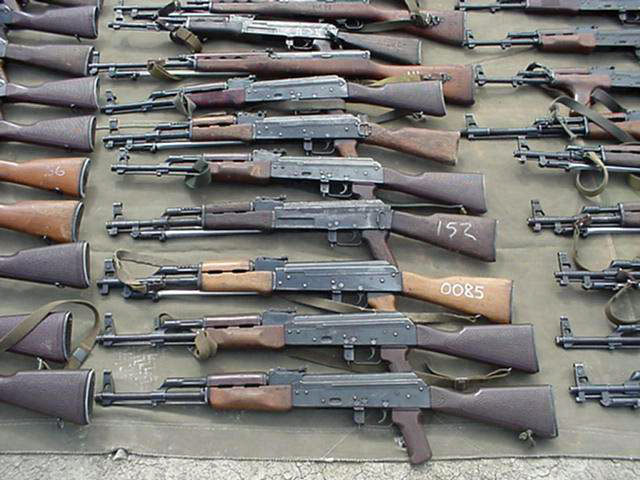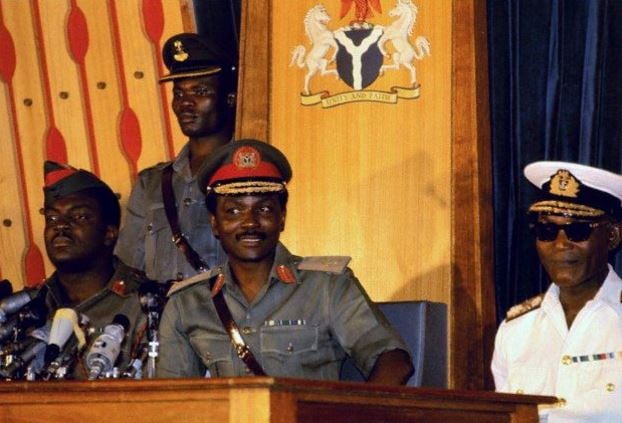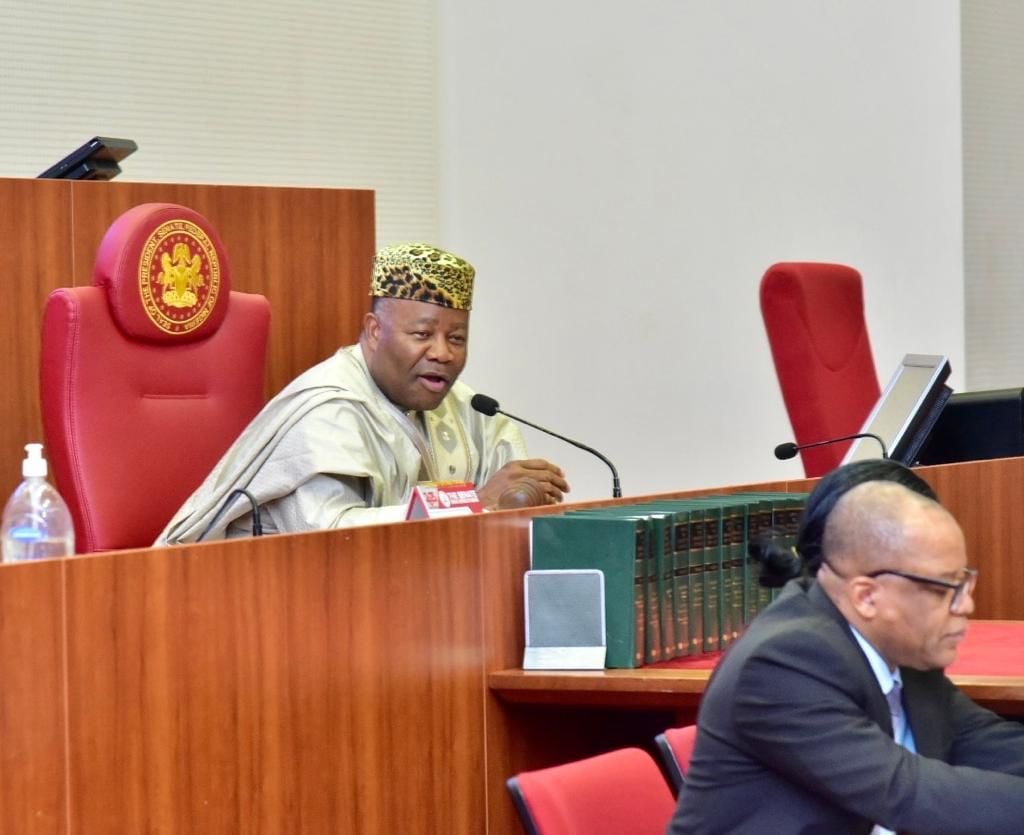Benjamin Netanyahu
As the death toll and destruction rapidly mount in the ongoing Israeli-Hamas war, with Israel poised to begin a ground offensive in the Gaza strip amid projections of yet more lives to be lost, one man who is constantly in the news is Israeli Prime Minister Benjamin “Bibi” Netanyahu.
Whether addressing press conferences where he is seen robustly espousing Israel’s “right to exist and to defend itself’”, or debating at the Knesset, (Israeli parliament) promising hell and damnation to terrorists and their backers who want to “harm the children of Israel”, Bibi as he is popularly called from the byname of his formal name Benjamin, is at the thick of the action where he had always liked to be both in Israeli and global politics.
Someone once remarked that the suave, sartorial, charismatic and oratory polyglot Netanyahu would be a hit in Hollywood were he not so steeped in Israeli politics. He certainly would have landed a leading role in one of Yoram-Globus productions featuring as leading a commando assault to free Israeli citizens held hostage somewhere in the world.
In real terms, this is what Netanyahu had done on several occasions when he served in the Israeli Defence Forces strike arm known in Hebrew as Sayeret Matkal. He was variously in the strike team (Kidon in Hebrew) that successfully stormed a Sabena Belgian aeroplane parked at the Ben Gurion International Airport, Tel Aviv in an operation code-named Operation Isotope, to free hostages held by terrorists who had hijacked the plane. He was also one of the operatives that hunted down and killed a couple of the Palestinian terrorists in Beirut, Lebanon, who were fingered by the Israeli Foreign Intelligence agency Mossad as responsible for killing 11 Israeli athletes during the 1972 Munich Olympics. This operation was code-named Operation Wrath of God. Both were led by Ehud Barak who later became the Israeli defence minister and who to date retains the distinction of being the most decorated Israeli officer. It runs in the family as Bibi’s older brother Yonathan ‘’Yoni’’ Netanyahu who also was in the Sayeret Matkal was killed as he led his commandos in the famous 1976 raid on the Entebbe Airport to free Israeli hostages code named Operation Thunderbolt.
Advertisement
From his name, many would think Benjamin Netanyahu hails from the Israeli town of Netanya. He was actually born on October 21, 1949, in Tel Aviv to Polish-born Benzion Mielikovksky, a historian and journalist, and Tzipla Segal, a Sabra or native-born Jew from Ottoman Jerusalem. Benzion, the father decided to Hebresized his name to Netanyahu upon making the Aliyah (migration) to Israel, which means “God gives” or “God has given” the equivalent of “Chinenye”, “Olorunfunwa” and roughly “Allah mai Kyauta” in Nigeria’s Igbo, Yoruba and Hausa languages respectively.
From Israel, Netanyahu’s family moved to Philadelphia in the United States of America where he continued his primary education up to university education at Massachusetts Institute of Technology (MIT) and Harvard University with degrees in Architecture and Management respectively.
His break in politics came from Moshe Arens, the influential and long-serving former Israeli ambassador to the United States who first tapped him to work at the embassy and eventually become the ambassador at the Israeli Permanent Mission.
Advertisement
In Israeli politics, no political figure has achieved the distinction that Netanyahu has had. He was the first to be elected as prime minister by direct vote in 1996, the youngest to be elected to the post, the first Sabra (Israeli born), and to date the longest serving and only one to have occupied the office on three separate occasions. But for all this, the thrice-married Netanyahu remains a divisive figure in Israeli and world politics. Some of his colleagues in the right-wing Likud Party consider him too prone to seeking personal at the expense of party glory. His relationship with the likes of former President Ariel Sharon who was his senior and boss at the IDF and unit commander during the 1967 and Yom Kippur war was not always Kosher. Sharon’s decision to leave Likud and form his own party, the Kadima, was attributed to this fact largely.
Fellow figures in the right wing of Israeli politics like Avigdor Lieberman of the Yisrael Beiteinu party also do not get along too well with him. And naturally, he was not always on the same page with Former Prime Ministers Shimon Peres Yitzhak Rabin and Ehud Barak of the Israeli Labour Party. Many in Israel believe to this day that his vile and tendentious rhetoric in opposition to the Oslo Peace Accords between the Palestine Liberation Organization (PLO) of Yasser Arafat and Prime Minister Rabin led to the assassination of the latter.
On the foreign scene, many consider him brash, abrasive, arrogant, boorish and unreasonably inflexible on matters concerning Israel. He is seen as an arch-Zionist who holds the extreme views of not restoring what is often called “Eretz Israel’’ or greater Israel, expelling the Arab population that now occupies it. His language and expressions on Arab-Israeli issues are intemperate and decidedly supremacist upholding the patently racist view that Jews are superior people and thus free to act as they wished against non-Jewish (Goyim) people. Ironically this is similar to the Nazi ideology that referred to non-Aryan people (Jews included) as Untermensch (inferior lower races).
As Prime Minister Netanyahu has decided to press on with the ground offensive into Gaza in order to “root out and destroy Hamas” as he said much against global opinion, it is hoped that this will not result in a regional and global conflagration.
Advertisement
Gadu can be reached via [email protected] or 08035355706 (texts only)
Views expressed by contributors are strictly personal and not of TheCable.
Add a comment







